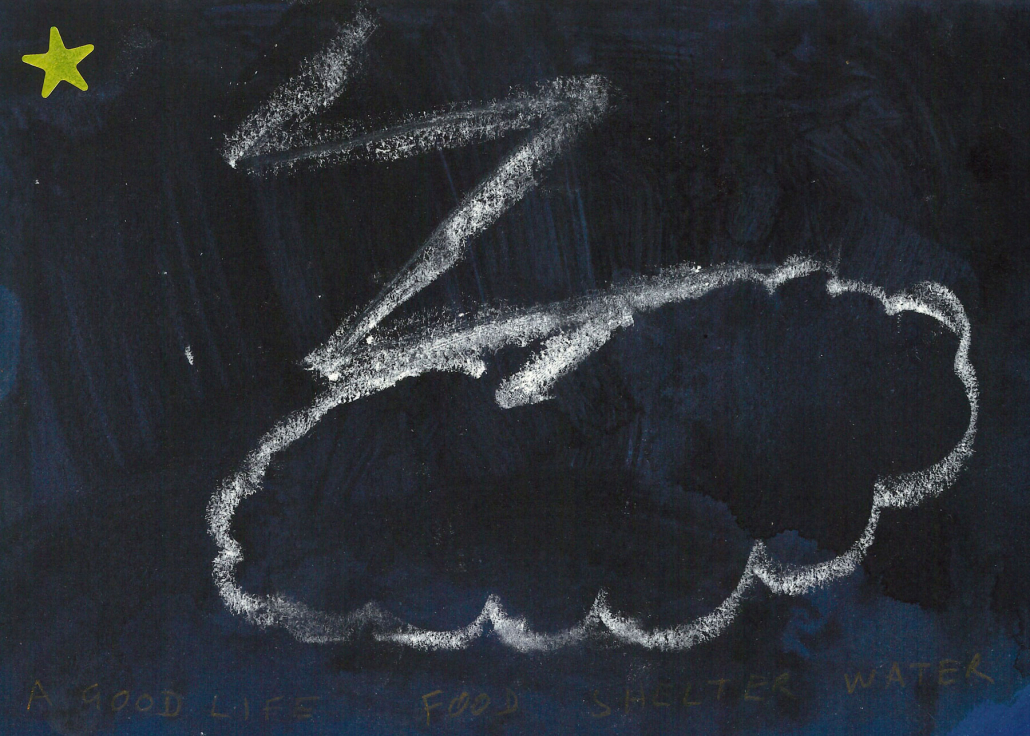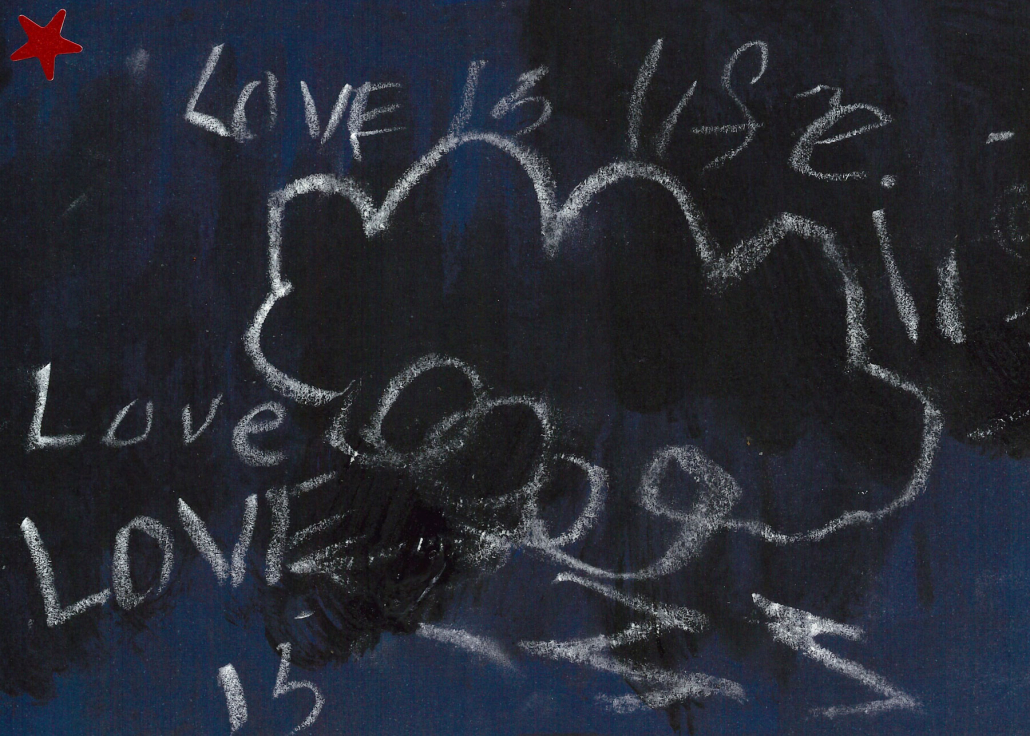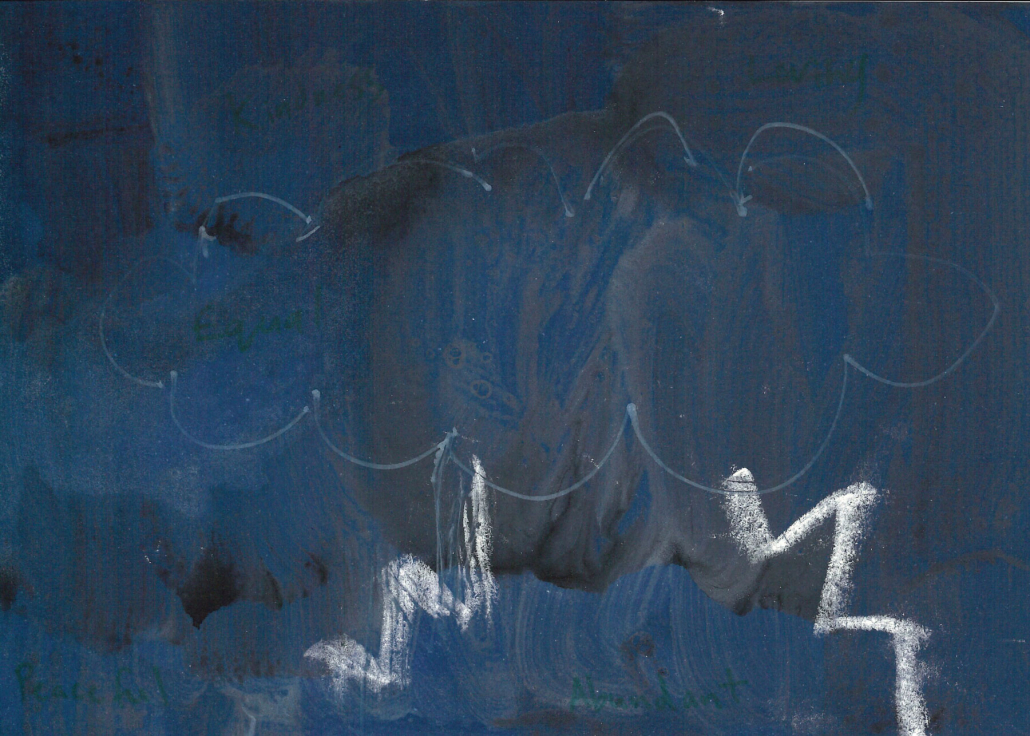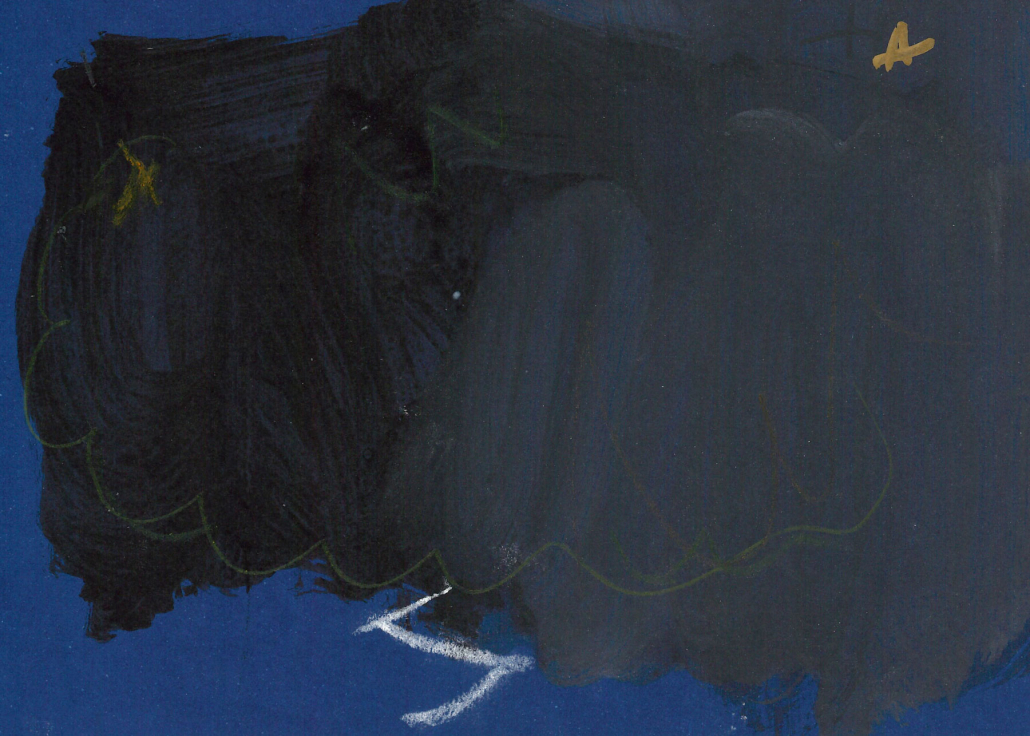Image: ‘Jesus calms the storm’, Icon (detail), St Macarius Orthodox Church, CA.
‘The beautiful shore’
Andrew Collis
Ordinary Sunday 12, Year B
Job 38:1-11; Psalm 107:1-3, 23-32; Mark 4:35-41
A voyage to the other side may evoke curiosity, connection, communication; reaching out for help, overcoming confusion, affirming differences; transition, translation.
Navigating a safe/effective passage in choppy seas. Across generational or denominational divides. Making the effort to listen. Finding the courage to speak.
Getting through a tumultuous period of activity or creativity. Making it through the day. Enduring nightmares or sleepless nights … Submitting to baptism, reaffirming baptism …
What is our voyage? What is our God saying to us in the storm? We might consider, on the occasion of its 47th anniversary, the Uniting Church’s voyage from protestant principle to catholic sensibility. Back and forth.
We might consider the voyage of the Waterloo Primitive Methodist Church … Mount Lachlan Methodist Church in maritime manoeuvres with the Wesleyans and Bible Christians … through international waters … the Ecumenical Institute, the WCC (whose logo, like the UCA’s, features a boat with a cross-shaped mast) … the Inner City Parish (1960s), SSUC (1977) … Perhaps it’s a voyage from local involvement to regional/global collaboration. Back and forth.
Uniting Church scholar John Hoskin writes: “We get a sense of the normality of this journey for Jesus when we consider that he travels just as he is, and sleeps easily in the stern during the voyage … Recalling that the little boat has long been an image of God’s church, it is comforting to find that Christ is most at home in the life of the church as it journeys with him to the other side.”
We are all boat people. And in Christ we have a companion for whom the difficult/dangerous voyage is normal, a companion who questions our fears, challenges us to trust the love of God in all circumstances, and fills us with awe and wonder.
The gospel image is an image used over and over in the Bible. Trying to get to the other side means crossing the Red Sea, crossing the Jordan. Escaping slavery/oppression and finding freedom/safety on the promised shore.
We are all baptised – washed up, washed clean, delivered, reborn.
Jonah and Job, too, the Bible tells us, encountered divinity in tempests.
Jonah was a most reluctant prophet, centred on self-preservation and contempt for those he regarded all-too greedy, irreverent, violent.
Job was exhausted, worn out, but adamant that God and goodness cohere.
To which shore might God be calling us?
I imagine the beautiful shore of sustainability. There to find/greet the expertise and faith of strangers. Our beloved neighbours, our future selves …
(Prayer cards. Reflection in small groups of two or three. Some words to describe the beautiful shore.)
To which shore might God be calling us? With what commitment to Gadigal people … Gadigal Ngura/Country (land, skies, waters)?
The gospel calls on our competence, but more than that, the gospel calls us to bear witness (akin to Jonah) …
the gospel calls on our passion for justice (akin to Job) …
and deepens our desire for wisdom (akin to Jesus) …
in and through the wind and waves, in company with those most at ease, at home, amid the wild mysteries. Amen.
![]()







